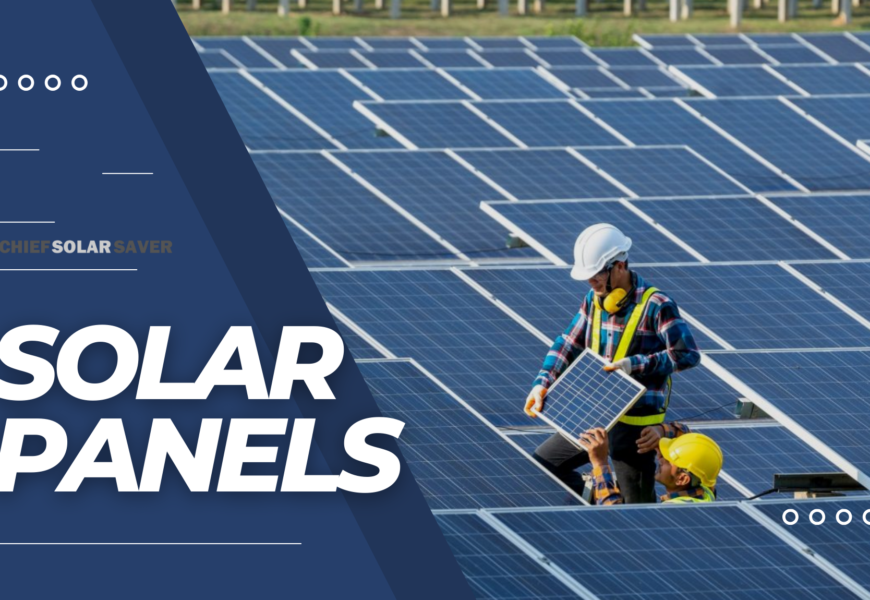As the world increasingly turns towards sustainable energy solutions, solar panels have emerged as one of the most viable and effective technologies for addressing modern energy demands. Solar energy harnesses the power of the sun, a limitless and renewable resource, making it an ideal solution for both residential and commercial energy needs.
The Growing Need for Sustainable Energy
With global energy consumption rising and concerns over environmental degradation mounting, the shift to renewable energy sources has never been more urgent. Fossil fuels, which have been the backbone of global energy supply for decades, are not only finite but also contribute significantly to pollution and climate change. Solar panels offer a clean, efficient, and sustainable alternative, reducing dependence on fossil fuels and lowering greenhouse gas emissions.
How Solar Panels Work
Solar panels, or photovoltaic (PV) systems, work by converting sunlight into electricity. The panels are composed of numerous solar cells made from semiconductor materials, typically silicon. When sunlight strikes these cells, it excites electrons, creating an electric current that can be harnessed to power homes, businesses, and even entire communities.
Advantages of Solar Energy
- Environmental Benefits: Solar energy is a clean, green source of power. It produces no pollution or greenhouse gases, significantly reducing the carbon footprint of users.
- Cost Savings: While the initial investment in solar panels can be substantial, the long-term savings are considerable. Once installed, solar panels generate free electricity for decades, reducing or even eliminating electricity bills.
- Energy Independence: Solar energy allows users to generate their own power, reducing reliance on external energy suppliers and protecting against fluctuating energy prices.
- Low Maintenance: Solar panels require minimal maintenance. Most systems come with a long lifespan, often exceeding 25 years, with warranties that cover most potential issues.
- Technological Advancements: The solar industry has seen significant technological advancements, improving the efficiency of solar panels and reducing costs, making solar energy more accessible than ever.
Solar Panels in Different Sectors
- Residential Use: Homeowners can benefit from installing solar panels by reducing energy costs and increasing the value of their property. With various government incentives and financing options available, residential solar installation is more attainable for the average household.
- Commercial Use: Businesses can leverage solar energy to power their operations, reduce operating costs, and showcase their commitment to sustainability. Large-scale commercial solar installations can also contribute to grid stability and energy resilience.
- Industrial Use: Industries with high energy demands can particularly benefit from solar energy, which can provide a significant portion of their power needs while mitigating the environmental impact of their operations.
The Future of Solar Energy
As technology continues to advance, the efficiency and affordability of solar panels are expected to improve further. Innovations such as solar batteries and smart grid systems will enhance the ability to store and distribute solar energy, making it a more integral part of the global energy landscape. Additionally, the growing emphasis on sustainability in corporate and governmental policies will likely spur further adoption of solar energy.
In conclusion, solar panels represent a crucial component of the transition to a sustainable energy future. They offer a reliable, cost-effective, and environmentally friendly solution to the world’s energy needs. As the demand for clean energy continues to rise, solar panels will undoubtedly play a leading role in shaping the future of energy consumption.










